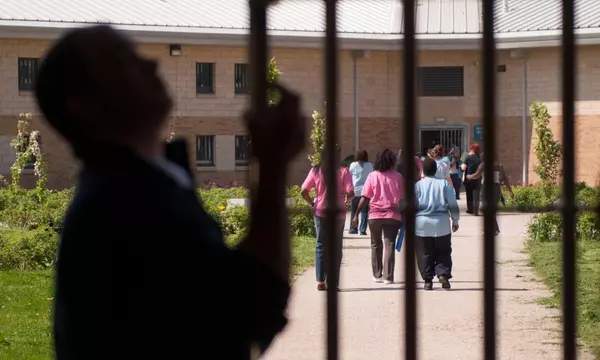Over 1,000 UK Prisoners Released to Ease Prison Overcrowding

In a bid to ease overcrowding in the prison system in England and Wales, the United Kingdom has commenced the early release of a second tranche of 1,000 prisoners.
The second tranche of emergency releases since September comes as ministers launch a major review of sentencing with a focus on new forms of punishment outside of jails.
The review aims to reduce overcrowding and could lead to judges having powers to sentence people to “prison outside prison” with a form of house arrest.
Offenders serving more than five years will be released on licence after spending 40% of their time behind bars, a scheme that excludes those convicted of serious violence, sex crimes and terrorism.
The controversial policy previously saw 1,700 prisoners freed early last month.
Justice Secretary Shabana Mahmood pledged that earlier mistakes that led to 37 ineligible prisoners being erroneously freed had now been “ironed out”.
The review will consider options for tougher non-custodial punishments for some convicted criminals to ensure prison space is available to incarcerate dangerous offenders.
They include “nudge” technology — watches or apps to encourage compliance with conditions imposed on offenders — as well as home detention curfews.
Former justice secretary David Gauke who is chairing the review said the prison population — currently around 89,000 — was rising by 4,500 each year with 90 percent of those sentenced to custody being reoffenders.
Mahmood said the early release scheme had been forced on the government by a prison crisis inherited from the last Conservative government.
She said that after winning power in early July ministers in the new Labour government discovered a prison system so close to “collapse” it could have led to “the breakdown of law and order in this country”.
“In August of this year, we were down to fewer than 100 places across the whole of the country,” she told Sky News.
As a Conservative justice minister in 2019, Gauke argued that there was a “very strong case” for abolishing jail terms of six months or less, with exceptions made for violent and sexual crimes.
Given current reoffending rates prisons were “clearly… not working”, he said.
“This review will explore what punishment and rehabilitation should look like in the 21st century, and how we can move our justice system out of crisis and towards a long-term, sustainable future,” he added.





